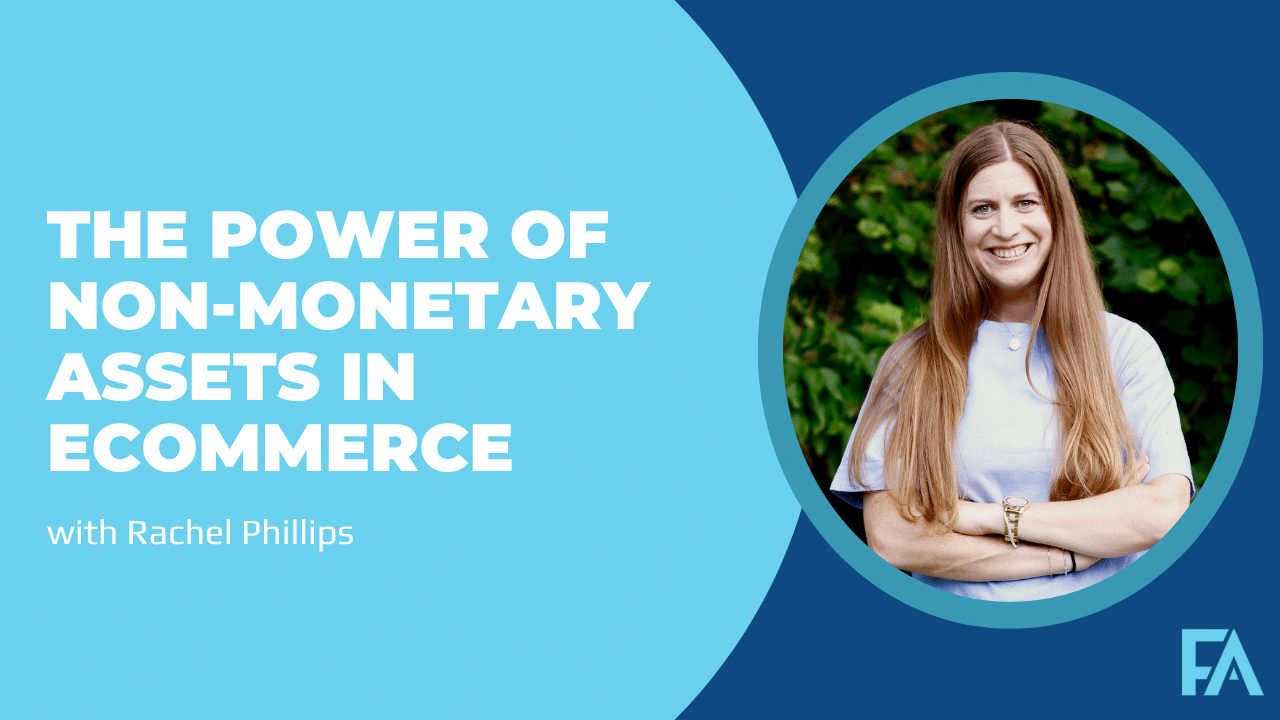While most founders obsess over cash flow, COGS, and ROAS — there’s a whole other class of assets driving your company’s real value: your non-monetary assets.
You won’t see these on your balance sheet, but they play a critical role in growth, investor appeal, and long-term sustainability.
So what are we talking about?
Think: your intellectual property, your people, your contracts, your data, and your brand reputation. These are the invisible engines of your business — and if you’re not actively protecting and optimizing them, you’re leaving value on the table.
Intellectual Property: The Overlooked Growth Multiplier
Your brand isn’t just your logo — it’s the sum of everything unique about how you do business.
What counts as IP for ecommerce brands?
Trademarks for the brand, logos, designs, product names and slogans, custom packaging, proprietary processes, tech stacks, brand voice, and even marketing content. All of this can and should be protected.
One move founders often miss?
Trademark protection. Securing your company name, logos, slogans, and product names gives you exclusive rights — and the ability to report copycats to ad platforms like Google and Meta. This protection keeps your CAC in check and your brand identity intact.
Pro CFO tip:
If your IP isn’t valued and tracked, it’s worthless on paper during fundraising or exit. Your CFO should be working to assign value and reflect it on your balance sheet to capture its full worth.
People: Your Most Valuable (and Overlooked) Asset
Why retention matters:
Long-tenured team members hold institutional knowledge, customer trust, and momentum. High turnover? That’s a red flag for buyers and investors — and a costly operational headache.
Founders should evaluate key hires not just by output, but by long-term value they bring to brand continuity, culture, and eventual transferability in an acquisition.
Watch out for:
Consistently high turnover, bad Glassdoor reviews, and employee exits tied to leadership churn. These are signs of deeper issues that erode brand equity.
Contracts: Protecting Future Value Today
Start with these:
- Supplier & manufacturing agreements
- Fulfillment & shipping contracts
- Influencer/affiliate partnerships
- Tech & marketing platform agreements
Negotiate smart:
Look for red flags like minimum commitments, restrictive termination clauses, liquidated damages clause, net payment terms, and exclusivity agreements that limit your leverage or trap you in high-cost relationships.
One clause that’s saved real money:
Avoid exclusivity whenever possible — it limits flexibility and often hides tail clauses that drain cash long after the relationship ends.
Pro CFO tip:
Outsourced CFOs aren’t emotionally tied to vendor relationships. Their objectivity makes them powerful negotiators who’ll fight for better terms and protect your cash flow.
The CFO’s Role in Protecting and Growing Non-Monetary Assets
A modern CFO doesn’t just track what’s in the bank. They evaluate what’s driving future value.
What makes a modern CFO different?
They go beyond tax code definitions and understand how reputation, IP, brand equity, and team performance affect your valuation — and they adjust as market conditions evolve.
KPIs to track non-monetary value:
- Brand awareness metrics
- Employee engagement & retention
- Customer satisfaction & reviews
- Labor ratios
- Reputation indicators (BBB, reviews, employee index surveys)
Quick Action Checklist for Founders
Here’s your tactical to-do list to start capturing more value from what you’ve already built:
- Audit your IP annually — Are your trademarks, copyrights, and processes protected?
- Review key contracts — Look for risky clauses, and update as needed.
- Reward and retain top team members — Culture is value.
- Assign value to intangibles — Then track and update them annually.
- Plan for succession — A transferable business is a valuable business.
- Insure your intangible assets — It’s more common (and important) than you think.
If you need help with your ecommerce accounting, custom reporting, tax planning, fractional CFO services, or other accounting-related issues, let us know.

